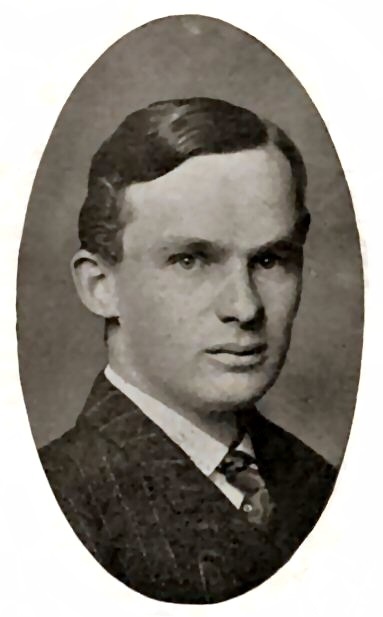“Tolstoy deplored all the modern tendencies toward immense congregations of people in limited areas”
Origine: Why We Fail as Christians (1919), p. 78
Contesto: Tolstoy deplored all the modern tendencies toward immense congregations of people in limited areas, on the ground that they were making more and more impossible the truly Christian life. In cities the rich find little restraint to their lusts, while the lusts of the poor are greater there than in the country, and they satisfy them up to the limit of their means. In the country, Tolstoy could still see the possibility of men living a Christian life; in the cities he saw no such possibility. Cities had therefore to be uprooted and destroyed. The people had to get back to the soil.
